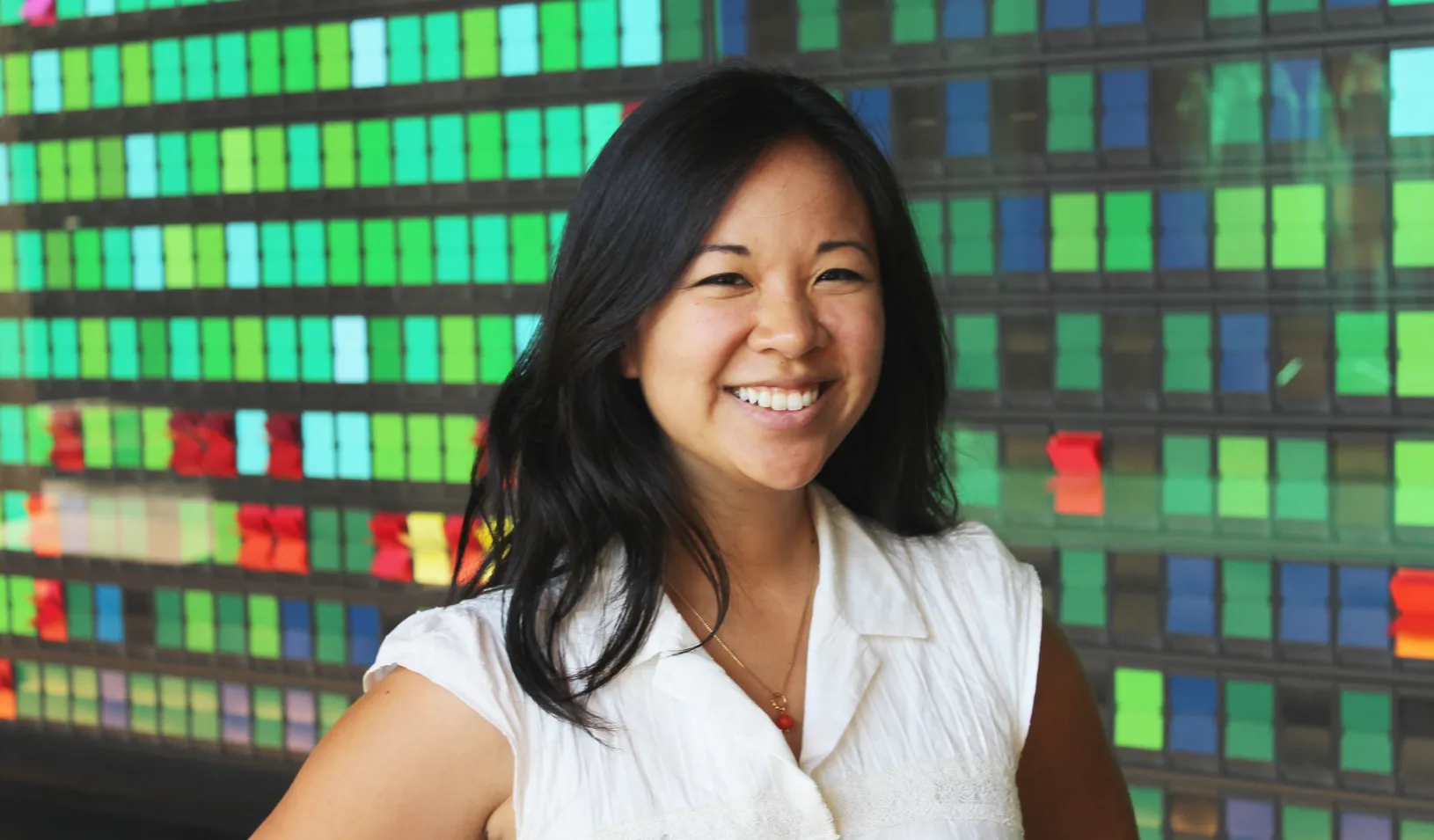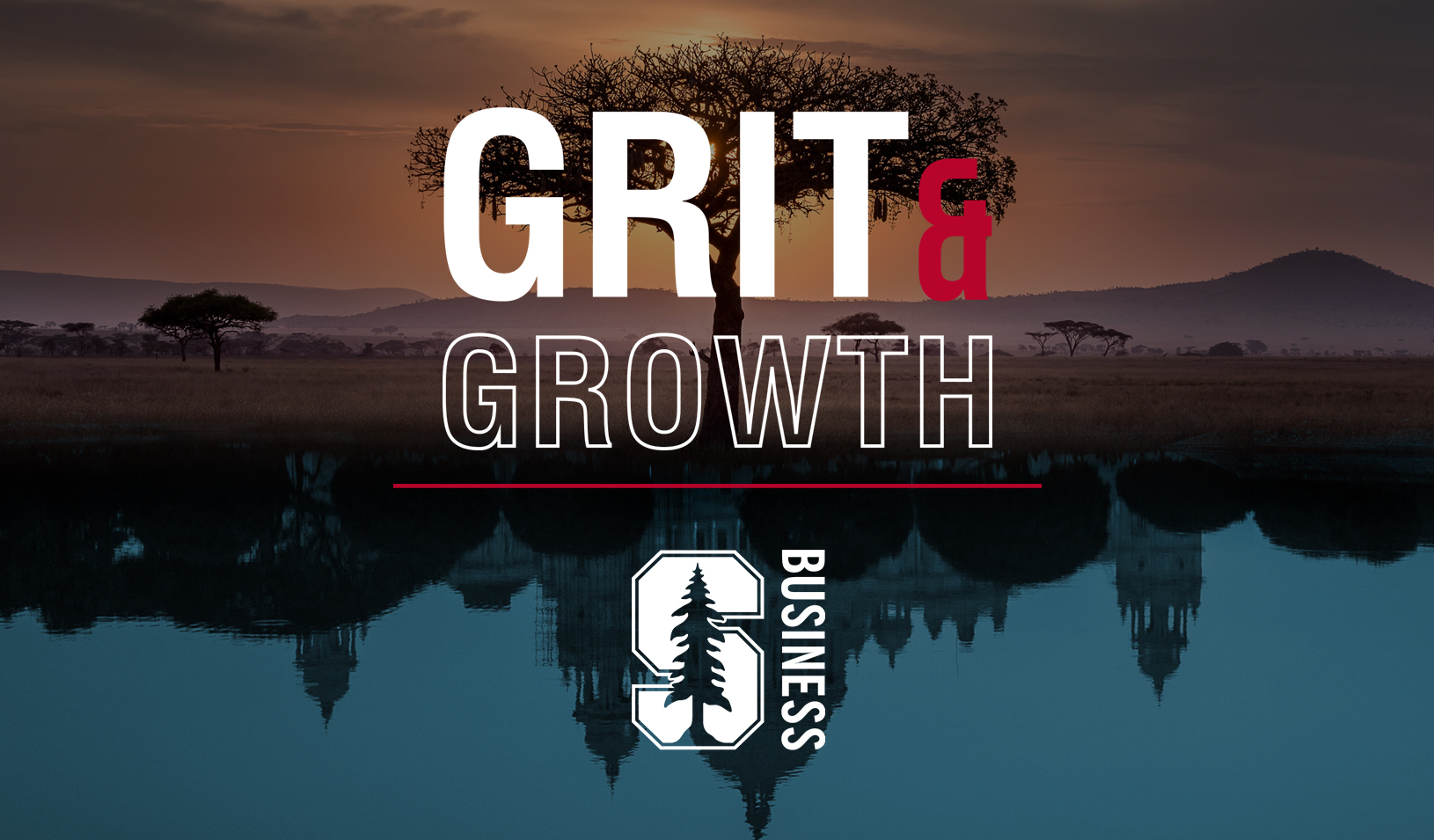September 08, 2014
| by Erika Brown EkielChristine Su is cofounder and CEO of Summer Technologies, a startup that aims to help ranchers adopt and maintain more sustainable practices. Summer’s upcoming PastureMap mobile app will provide information to ranchers such as how much grass they should be able to grow based on current conditions, how to manage rotational grazing, and how much livestock they can raise without overgrazing the land. Originally from California, Christine has lived and worked in Hong Kong, Shanghai, Singapore, and Malaysia. She is expecting to receive in 2015 her MBA from Stanford Graduate School of Business and MS in land use and agriculture from Stanford School of Earth Sciences. She talks to us about how moving every year can be good for you, the virtue of being wrong in public, and why the Uber for cows never quite took off.
In 10 words or fewer, what is the big idea behind your business?
Empowering sustainable ranchers to transform their industries through technology.
What is the best advice you’ve ever received?
“Always be moving toward your own personal version of happiness.” Before starting at Stanford GSB, I worked at KKR in Hong Kong. It was a very prestigious firm and I had the job I thought everyone wanted. My dad came to visit me. Over a couple of scotches at a swanky whiskey bar, he asked me to draw my personal vision of happiness. My vision had to do with sunshine, green fields, feeding my family and loved ones good food, and having the flexibility to spend time with those people. He said, “Honey, that’s great but I don’t see you moving toward any part of that vision here.” My dad inspired me to quit my job and apply to Stanford, which has enabled me to do things like run around in the fields in New Zealand with farmers talking about the future of food. I feel really grateful to my dad, and lucky to have the resources to chase my vision of happiness.
What was the most difficult lesson you have learned on the job?
Learning how to be wrong! I am the kind of person who likes to decide quickly and plow ahead recklessly without regard to consequences. My cofounder, Jennifer Tsau, is an introvert who likes to hang back and examine things. I am often wrong with my first snap decision, and if my co-founder weren’t there to rein me in, I would fail. I’m learning to admit when I’m wrong and to do it gracefully in front of employees, mentors, and founders.
What advice would you give other entrepreneurs on how to build a great business?
Listen – to your customers, your team, and your employees. They often have information that you don’t. Who knew that pasture management, grass forage, and stocking were on farmers’ minds? In Steve Blank’s Lean Startup class, he suggested we talk to 100 farmers before we begin. I talked to more than 200 farmers before developing PastureMap. Before doing that, I had all these dumb ideas! One idea was for something I wanted to call “Moober” – like Uber for cows. Farmers who only had a few cows to slaughter at a time could rent and share trailers with other farmers to save costs. It turns out cows get stressed in the backs of trucks with stranger cows and that affects the quality of the meat.
If there was one thing that has enabled you to be successful as an entrepreneur, what would it be?
Adaptability and an affinity for learning. As an entrepreneur, I am doing something every day that I have never done before and I have to go figure it out. I am grateful for how I was raised. My dad was an entrepreneur and we moved every year when I was growing up. I went to 14 different schools in California, Shanghai, Hong Kong, and Taiwan. It forced me to immerse myself in new environments where I didn’t know the social cues and had to adapt and learn. It set me up well for all those times as an entrepreneur when you don’t know where you are or how to do what you need to do.
What inspires you/how do you come up with your best ideas?
I do a lot of driving to visit ranchers who are hours away from everything. I love thinking in a car with the landscape rolling by and the radio off. It’s very peaceful.
What is your greatest achievement?
It hasn’t happened yet. I hope it will be achieving the balance of being present in my children’s lives and choosing a career that inspires them to pursue their passions.
What do you consider your biggest failure?
I lost a really cherished friend because I was not able to be gracefully wrong and take the perspective of someone who was pursuing different priorities in life.
What impact would you like to have on the world?
In 30 years or so I would like the agriculture industry to be much more sustainable. I want agriculture to be a prestigious, profitable career.
What is the best business book you have read?
Quiet: The Power of Introverts in a World That Can’t Stop Talking. I have strong extrovert tendencies. My cofounder Jennifer is a strong introvert. The book helped me appreciate the way she needs to take time to think and turn things over in her mind.
Also Buddha’s Brain: The Practical Neuroscience of Happiness, Love, and Wisdom. I read it during an internship I took on a hazelnut farm in Bhutan. It explains the neuroscience of meditation, how it expands the workspace of consciousness of the mind. Basically, it develops the neurons in the frontal cortex, which allows it to control and overrun the lizard part of your brain, which is the id, or “monkey brain.”
What businessperson do you most admire?
Henry Kravis and George Roberts. Barbarians at the Gate is what they are remembered for, but people forget they built their firm starting in a diner and bootstrapped their first several businesses themselves – small mom-and-pop shops. They do business the old-school way, based on integrity. In company-wide meetings they talk about everything, including their executive coaches and what they are working on. They are still growing even at their level of lifetime achievement.
For media inquiries, visit the Newsroom.





